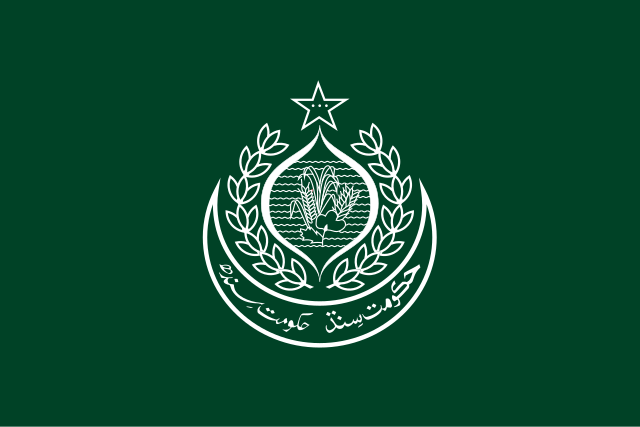The Sindh Assembly on Wednesday approved a Rs3.45 trillion budget for fiscal year 2025–26, reflecting a 12.9 percent increase over the previous year, and introducing wide-ranging tax relief measures alongside record development expenditures.
Chief Minister-elect Syed Murad Ali Shah, who also holds the finance portfolio, presented the Sindh Finance Bill 2025 during the session. All 2,000 cut motions submitted by the opposition were rejected by a majority vote.
In his budget speech, Murad said the provincial government’s financial plan aims to reinforce social protections, improve infrastructure, and push forward structural economic reforms. One of the bill’s central features is the withdrawal of six existing levies, most notably the professional tax, which the government estimates will provide Rs5 billion in financial relief to salaried individuals and small businesses.
The finance bill also eliminates the entertainment duty to encourage cultural revival and slashes land documentation fees by 50 percent. To support the transport sector, the government has capped the annual commercial vehicle tax at Rs1,000. Stamp duty on third-party vehicle insurance has been fixed at Rs50, while motorcycle insurance has been exempted altogether.
Sindh’s development expenditure for the year has been set at Rs1,018.3 billion, which accounts for nearly 30 percent of the total budget. Out of this, Rs281.7 billion has been allocated for capital investments. Other notable provisions include Rs43 billion for an Ad-hoc relief allowance and Rs16 billion to fund a 15 percent pension increase for retired government employees.
The education sector also features prominently in the budget. Public universities across Sindh will receive Rs42.2 billion, while Rs10.4 billion has been set aside for medical education. Under the Annual Development Programme, Rs8 billion has been allocated to the Benazir Hari Card, Rs2 billion for low-income housing projects, and Rs25 billion to support renewable energy development.
In a move to modernize land governance, the provincial government will introduce blockchain-based digitisation of land records and a streamlined, single-step land ownership transfer process. Additional reforms include mobile phone-based birth registration services and expanded access to credit for farmers through the Sindh Cooperative Bank.
Describing the 2025–26 financial roadmap as a “pro-growth, pro-people” initiative, Murad Ali Shah said the budget is designed to ease pressure on economically vulnerable groups while promoting sustainable development and public sector efficiency.




